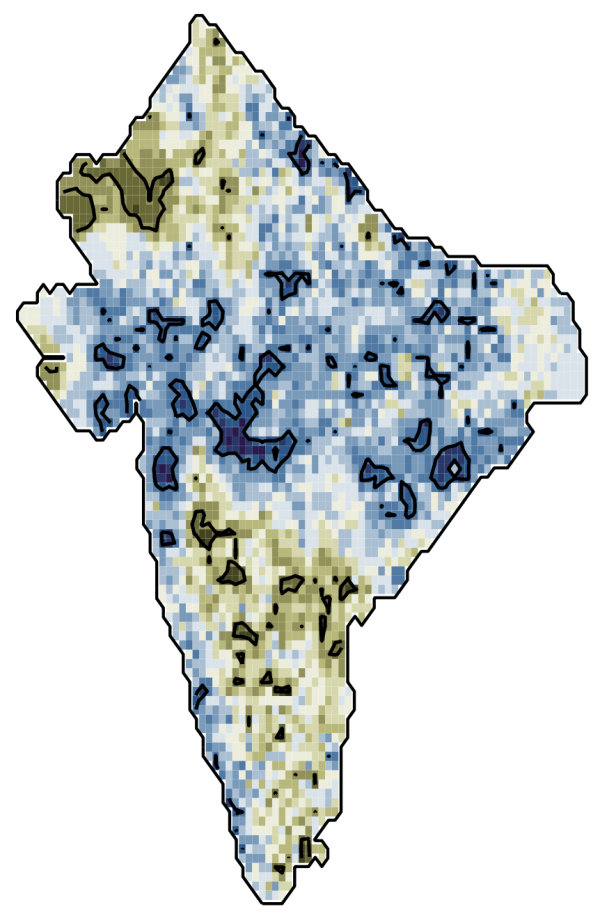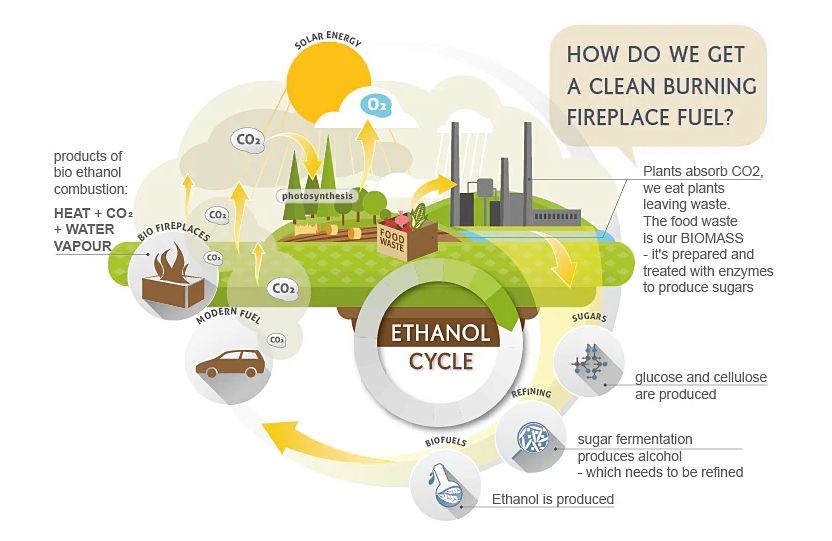Veterinary Sciences, Vol. 12, Pages 815: Advancing In Vitro Tools for Oncologic Research in Cats and Dogs
Veterinary Sciences doi: 10.3390/vetsci12090815
Authors:
Chang He
Sven Rottenberg
In vitro culture systems have advanced cancer biology, particularly through 2D and 3D tumor cultures. These have answered numerous scientific inquiries and propelled human oncologic research, with growing recognition of their potential to improve cancer treatment in companion animals, specifically cats and dogs. These species develop cancer spontaneously, closely resembling specific human cancer subtypes. For example, canine and feline mammary tumors are especially valuable for studying tumor biology. In vitro models from these tumors therefore offer a unique opportunity for veterinary cancer research. Recent 3D cell culture advancements provide promising platforms for predicting therapeutic responses in human cancer and may be applied to mammary tumors in animals. However, while limitations in fully recapitulating in vivo conditions and predicting chemotherapy response have been observed in colorectal tumoroids, similar challenges are emerging in mammary and breast tumors. In particular, canine mammary tumors and human breast cancers share critical heterogeneity and microenvironmental factors usually inadequately modeled in vitro. This review critically examines the predictivity of 3D mammary tumoroids from humans and companion animals, highlighting challenges related to stromal and immune cell preservation, reproducibility, and the translational gap between in vitro findings and clinical outcomes. We propose future directions to optimize these models for both comparative oncology and veterinary-specific applications.
Source link
Chang He www.mdpi.com


